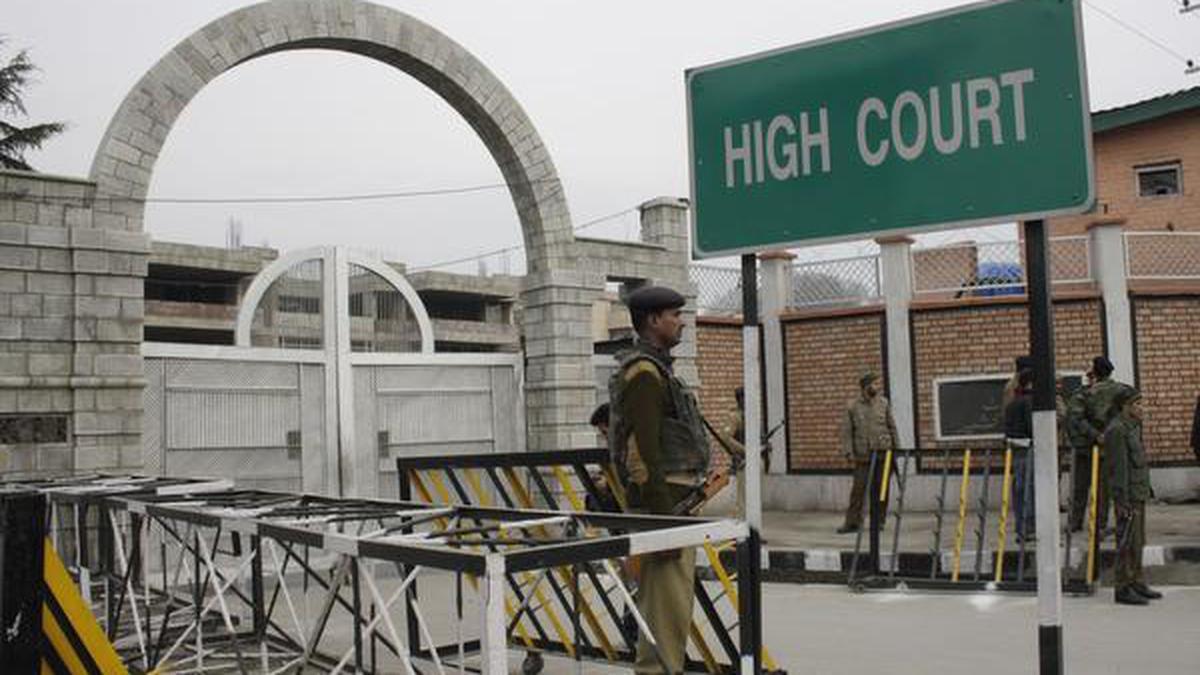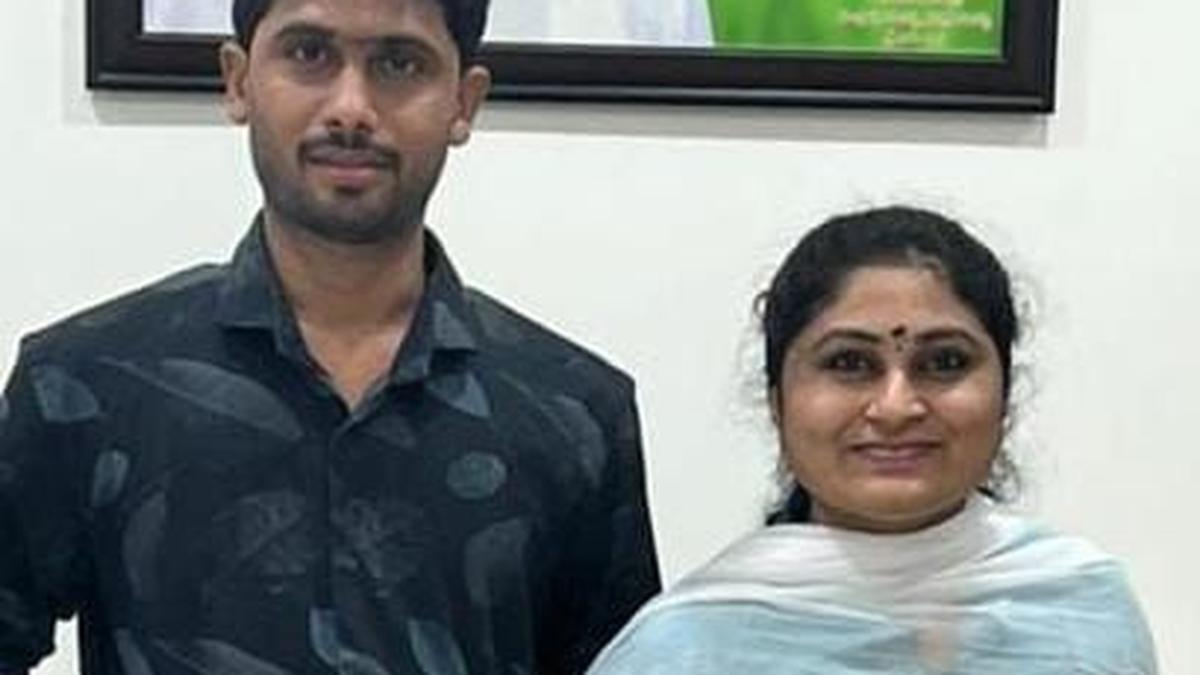ARTICLE AD BOX
Last Updated:July 01, 2025, 16:35 IST
The court clarified that the present accused was not exonerated and that his role should also be reassessed during the re-investigation

A trial ensued, and after charges were framed, the accused moved the court seeking a DNA test to disprove paternity.
The Madras High Court recently quashed the chargesheet against a man initially accused of impregnating a 13-year-old girl, after a DNA test conclusively ruled him out as the biological father. The court directed a fresh investigation—without arresting suspected individuals merely for DNA testing—to identify the real culprit.
A bench of Justice K. Murali Shankar, while hearing a revision petition filed by the accused man, pointed out the glaring lapses in the police investigation, especially the fact that no DNA test was conducted before filing the final chargesheet despite the allegation involving pregnancy of a minor.
The accused had been charged under Sections 5(l), 5(j)(ii), 5(n) read with 6 of the POCSO Act, along with Section 506(i) of the IPC, based on a complaint filed by the minor’s mother in September 2020. The girl, a Class 10 student, was found to be six months pregnant, and named the accused—her cousin—as the person who allegedly lured and sexually assaulted her three times under the promise of marriage.
A trial ensued, and after charges were framed, the accused moved the court seeking a DNA test to disprove paternity. The DNA report from the Forensic Sciences Department, dated February 28, 2022, clearly stated that he was excluded as the biological father.
Despite this, the trial court declined his discharge petition under Section 227 CrPC. Challenging that, the accused approached the high court.
Justice Shankar criticised the “casual and mechanical" nature of the original investigation, observing that the police made no effort to identify who actually fathered the child. “The prosecution proceeded as if the petitioner alone was the culprit. There is no explanation why a DNA test was not conducted before filing the chargesheet," the court said.
While acknowledging that a negative DNA report alone does not absolve an accused if other evidence exists, the court emphasised the need for a thorough re-investigation, especially in view of the gravity of POCSO offences. It noted that either there were two different perpetrators (one who assaulted and one who impregnated the girl), or the sole accused may not have been involved at all.
Crucially, invoking its powers under Section 482 CrPC, the court ordered the Pudukkottai Superintendent of Police to appoint a Deputy Superintendent-ranked officer to re-investigate the matter and submit a fresh final report within three months. The investigating officer has been permitted to conduct DNA tests on new suspects without arresting them, provided standard safeguards are followed.
The court clarified that the present accused was not exonerated and that his role should also be reassessed during the re-investigation.

Salil Tiwari, Senior Special Correspondent at Lawbeat, reports on the Allahabad High Court and courts in Uttar Pradesh, however, she also writes on important cases of national importance and public interests fr...Read More
Salil Tiwari, Senior Special Correspondent at Lawbeat, reports on the Allahabad High Court and courts in Uttar Pradesh, however, she also writes on important cases of national importance and public interests fr...
Read More
- Location :
- First Published:
News india Madras HC Slams Police Probe, Orders Fresh POCSO Investigation After DNA Test Clears Accused



.png)
.png)
.png)
















 7 hours ago
3
7 hours ago
3









 English (US) ·
English (US) ·